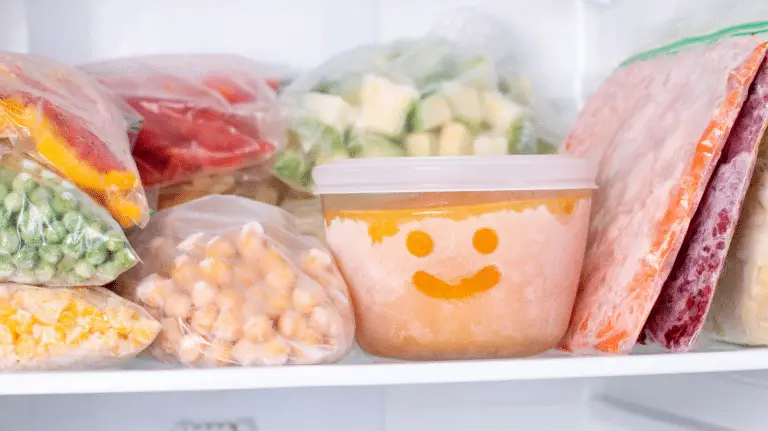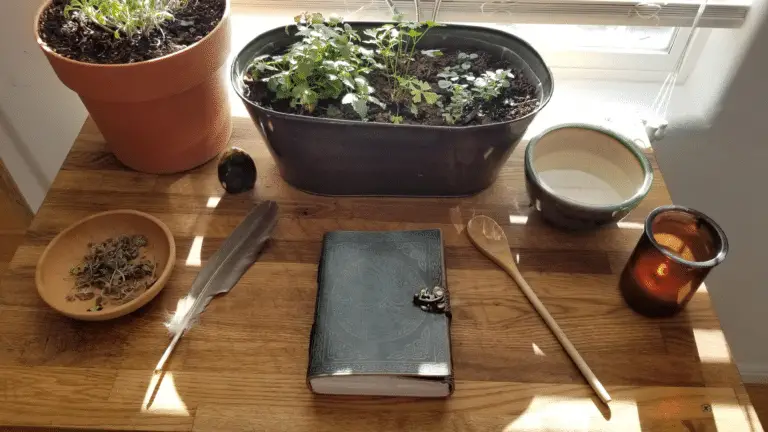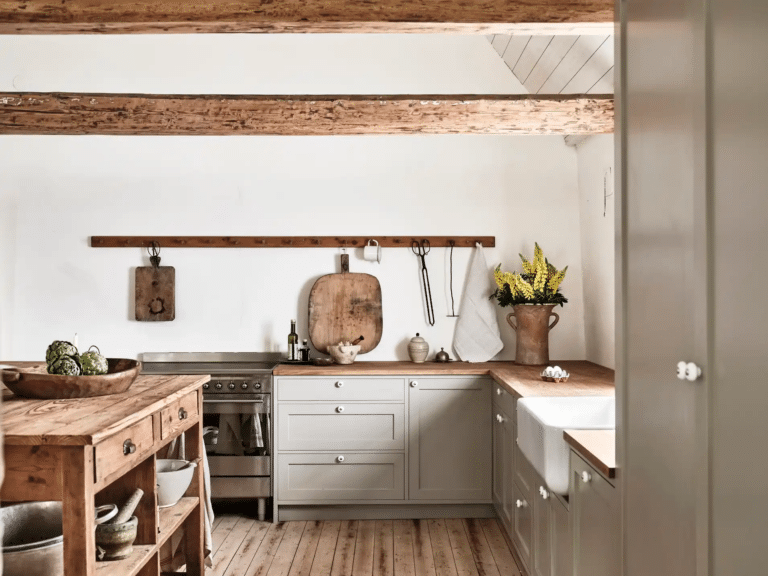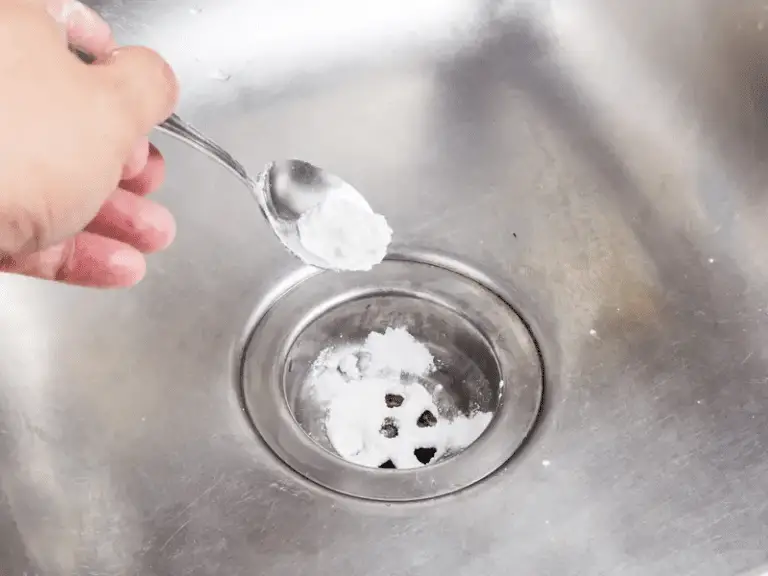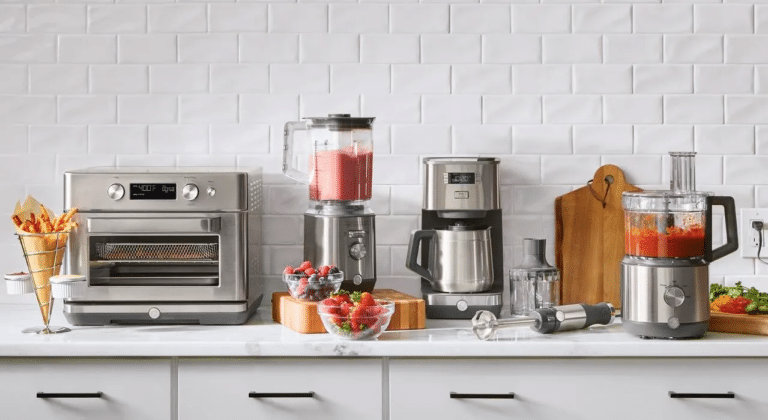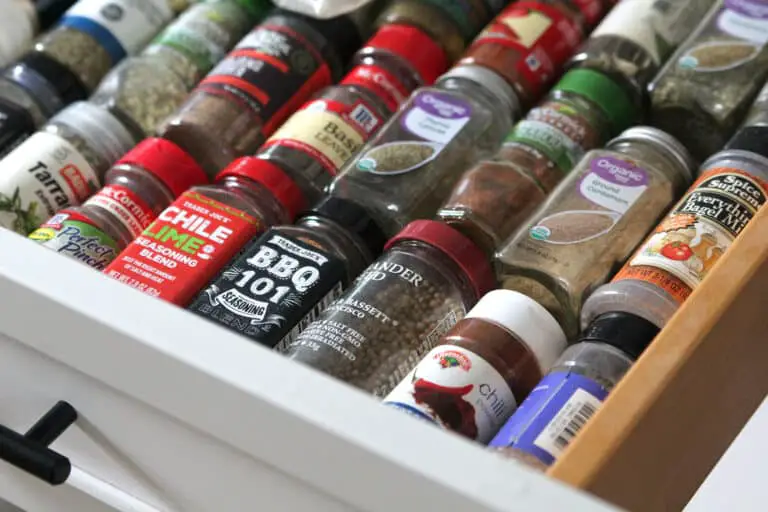Welcome to our blog post all about the common causes of kitchen sink leaks! Understanding the importance of handling these leaks is crucial for maintaining a functional kitchen.
From plumbing issues to faulty sink installations and drain problems, we’ll explore how these issues can lead to water leakage. Stay tuned for practical tips on preventing and fixing kitchen sink leaks, and know when to call in the professionals. Let’s dive in and keep your kitchen sink leak-free!

Introduction to Kitchen Sink Leaks
When it comes to the heart of the home – the kitchen – one of the most common and frustrating issues that homeowners face is a leaky sink. Whether it’s a slow drip that gradually worsens or a sudden gush of water, dealing with a kitchen sink leak can be a headache. Understanding the causes of these leaks and how to address them is essential for maintaining the functionality and appearance of your kitchen.
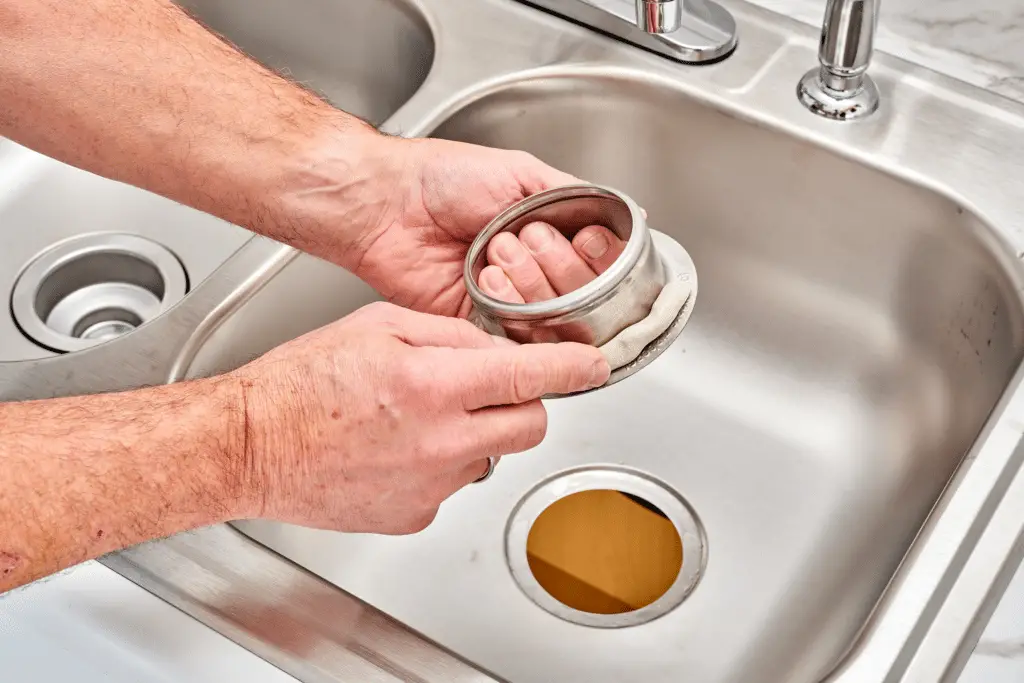
It’s important to recognize that kitchen sink leaks can stem from various sources, and each cause requires a specific approach for repair and prevention. From plumbing issues to faulty sink components and drain problems, there are several factors that can contribute to leaks.
So, let’s dive into the world of kitchen sink leaks and explore the common causes behind them.
Plumbing Issues as a Common Cause
When it comes to kitchen sink leaks, one of the most common culprits behind the problem is faulty plumbing. The plumbing system in your kitchen plays a crucial role in ensuring proper water flow and drainage, but if something goes awry, it can quickly lead to leaks and other issues.

One of the key indicators of plumbing problems in your kitchen sink is irregular water flow or pressure. If you notice that the water is coming out in a weak stream or that the pressure fluctuates unpredictably, there may be a plumbing issue at play. Additionally, if you hear unusual noises when using your sink, such as gurgling or rattling sounds, it could be a sign of a plumbing problem.
It’s important to address plumbing issues promptly to prevent further damage and potential leaks. If you suspect that your kitchen sink leaks are due to plumbing problems, it may be best to consult a professional plumber to assess the situation and provide the necessary repairs.
Reasons Behind Kitchen Sink Leaks: Faulty Sink Installation or Components
When it comes to kitchen sink leaks, one of the key culprits can often be traced back to faulty sink installation or deteriorated sink components. Even the highest-quality sink can develop leaks if not installed correctly or if the components start to degrade over time. In this section, we will delve into the impact of incorrect installation procedures and how deteriorated components can lead to frustrating leaks.
Identifying Issues within the Sink Installation
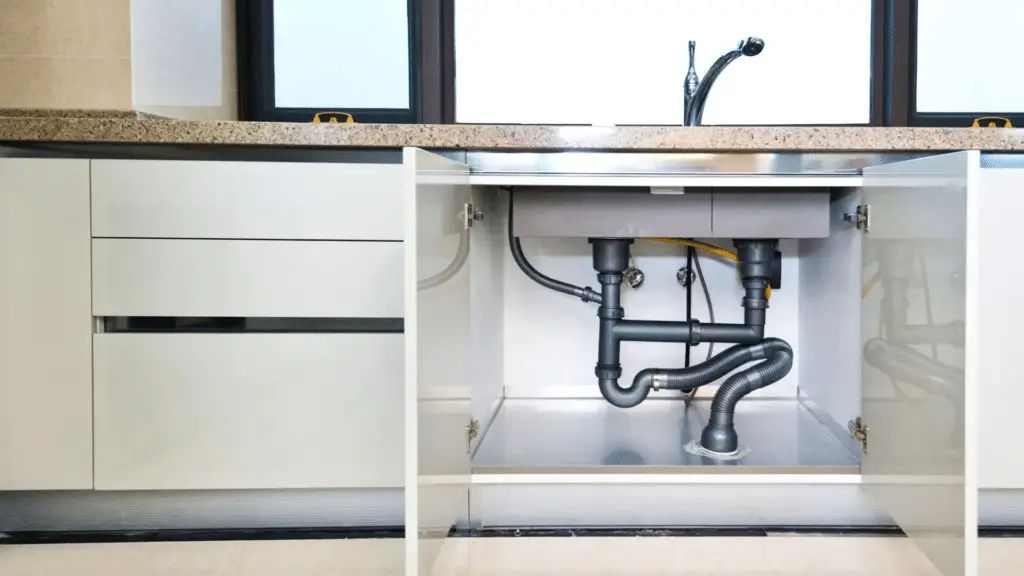
Proper installation of a kitchen sink is crucial to prevent leaks in the long run. One common sign of a faulty installation is loose parts. If you notice that the sink is not securely attached to the countertop or if there are gaps between the sink and the surrounding area, this could eventually lead to leaks. Additionally, discolored materials around the sink could indicate water damage, which may be a result of poor installation.
It’s essential to regularly inspect the sink installation for any visible signs of wear and tear. Even small issues, like a loose faucet or a cracked seal, can eventually lead to leaks if left unaddressed. Paying attention to these details can help you catch potential problems early on and prevent costly water damage in the future.
Spotting Deteriorated Sink Components
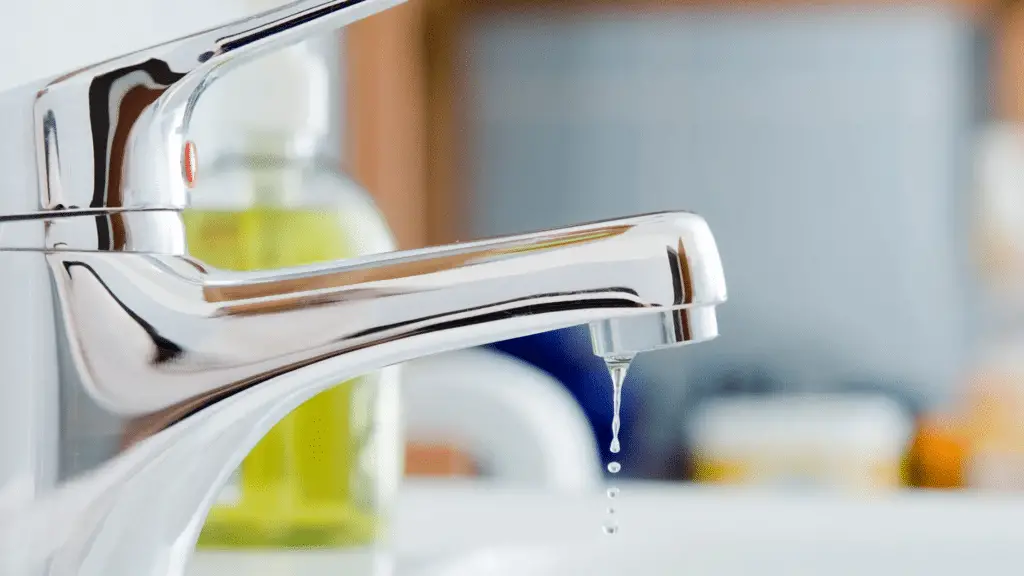
In addition to installation issues, deteriorated sink components can also contribute to kitchen sink leaks. Over time, parts like the faucet, drain, or seals can wear out, resulting in water seepage and leaks. If you notice any leaks around these components or if you experience a sudden drop in water pressure, this could indicate that it’s time to replace or repair the deteriorated parts.
Regular maintenance and inspection of sink components are key to preventing leaks. Ensuring that all parts are in good working condition can help prolong the lifespan of your sink and minimize the risk of leaks. If you’re unsure about the state of your sink components or if you suspect that they may be contributing to leaks, it’s best to consult a professional for assistance.
Drain Problems Leading to Leaks
When it comes to kitchen sink leaks, one often overlooked culprit is drain problems. Issues with the sink drain, such as clogs or worn-out seals, can easily lead to water leakage in your kitchen. It’s important to understand how these problems can arise and what signs to look out for to prevent leaks.
Understanding Drain Problems:

One of the most common drain issues that can result in leaks is a clog. Over time, food particles, grease, and other debris can accumulate in the drain pipe, causing a blockage that inhibits proper water flow. As the water tries to drain through the clog, it can create pressure that forces it to leak out of seals or joints in the sink.
In addition to clogs, worn-out seals or gaskets can also lead to leaks in the sink drain. These seals are meant to prevent water from escaping through the connections between the pipes, but if they become damaged or deteriorated, leaks can occur.
Recognizing Signs of Drain Issues:
There are several key signs that may indicate you have drain problems that could lead to leaks. One common symptom is slow draining in the sink. If water is pooling in the sink or taking a long time to drain, it could be a sign of a clog in the drain pipe.

Another indicator of drain issues is foul odors coming from the sink drain. This can be a sign of organic matter or food debris stuck in the pipes, creating a breeding ground for bacteria and producing unpleasant odors.
If you notice any of these signs, it’s essential to address the drain problems promptly to prevent leaks and further damage to your kitchen sink.
Takeaways:
- Clogs and worn-out seals are common culprits of kitchen sink leaks due to drain problems.
- Signs of drain issues include slow draining and foul odors emanating from the sink.
- Promptly addressing drain problems can help prevent leaks and additional damage to your sink.
Actions to Prevent or Fix Kitchen Sink Leaks
Dealing with a kitchen sink leak can be a frustrating and messy situation. However, there are steps you can take to prevent leaks from happening in the first place, as well as actions you can take to fix them when they do occur.
Preventative Measures
One of the best ways to avoid kitchen sink leaks is to be proactive in maintaining your sink and plumbing system. Regularly check for any signs of moisture or water damage around the sink area, as this could indicate a potential leak. Additionally, make sure to keep an eye out for any strange odors coming from the drain, as this could be a sign of a clog or other drainage issue.
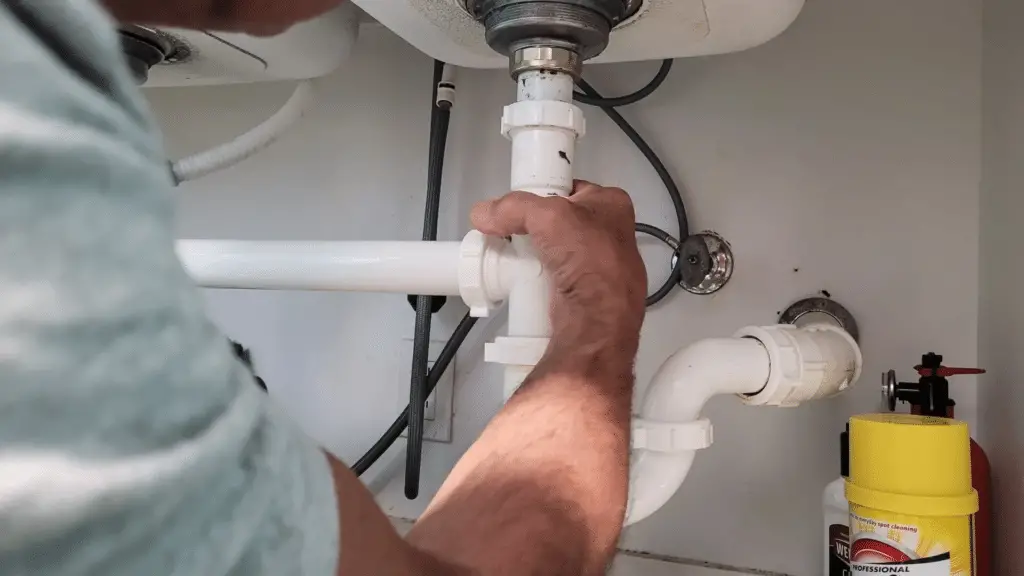
Another important preventative measure is to avoid putting large quantities of food scraps, grease, or other debris down the drain. Over time, these materials can build up and cause clogs, leading to leaks and other plumbing problems.
Ensuring that all sink components are properly installed and in good working condition is also crucial. Make sure that there are no loose parts or deteriorating materials that could contribute to a leak. If you notice any issues, it’s essential to address them promptly to prevent more significant problems from developing.
Fixing Kitchen Sink Leaks
Despite your best efforts, kitchen sink leaks can still happen. In these cases, it’s essential to take swift action to prevent further damage to your kitchen and plumbing system. If you notice a leak, the first step is to locate the source of the issue. This could be a loose connection, worn-out seal, or other plumbing problem.

For minor leaks, you may be able to fix the issue yourself by tightening connections or replacing damaged components. However, for more severe or recurring leaks, it’s best to seek professional assistance. A plumber will have the expertise and tools necessary to accurately diagnose the problem and provide a lasting solution.
Remember, ignoring a kitchen sink leak can lead to costly water damage and mold growth in your home. By taking preventative measures and addressing leaks promptly, you can avoid these issues and keep your kitchen sink in optimal condition.
Wrap it Up: Don’t Let Leaks Dampen Your Day
Remember, a stitch in time saves nine! Understanding the common causes of kitchen sink leaks is the first step in preventing costly water damage. Whether it’s plumbing issues, faulty installation, or drain problems, being proactive and addressing issues early can save you time and money in the long run. So, keep an eye out for signs of trouble and don’t hesitate to seek help when needed. Stay dry, folks!



